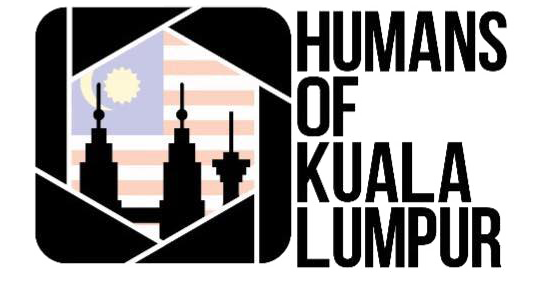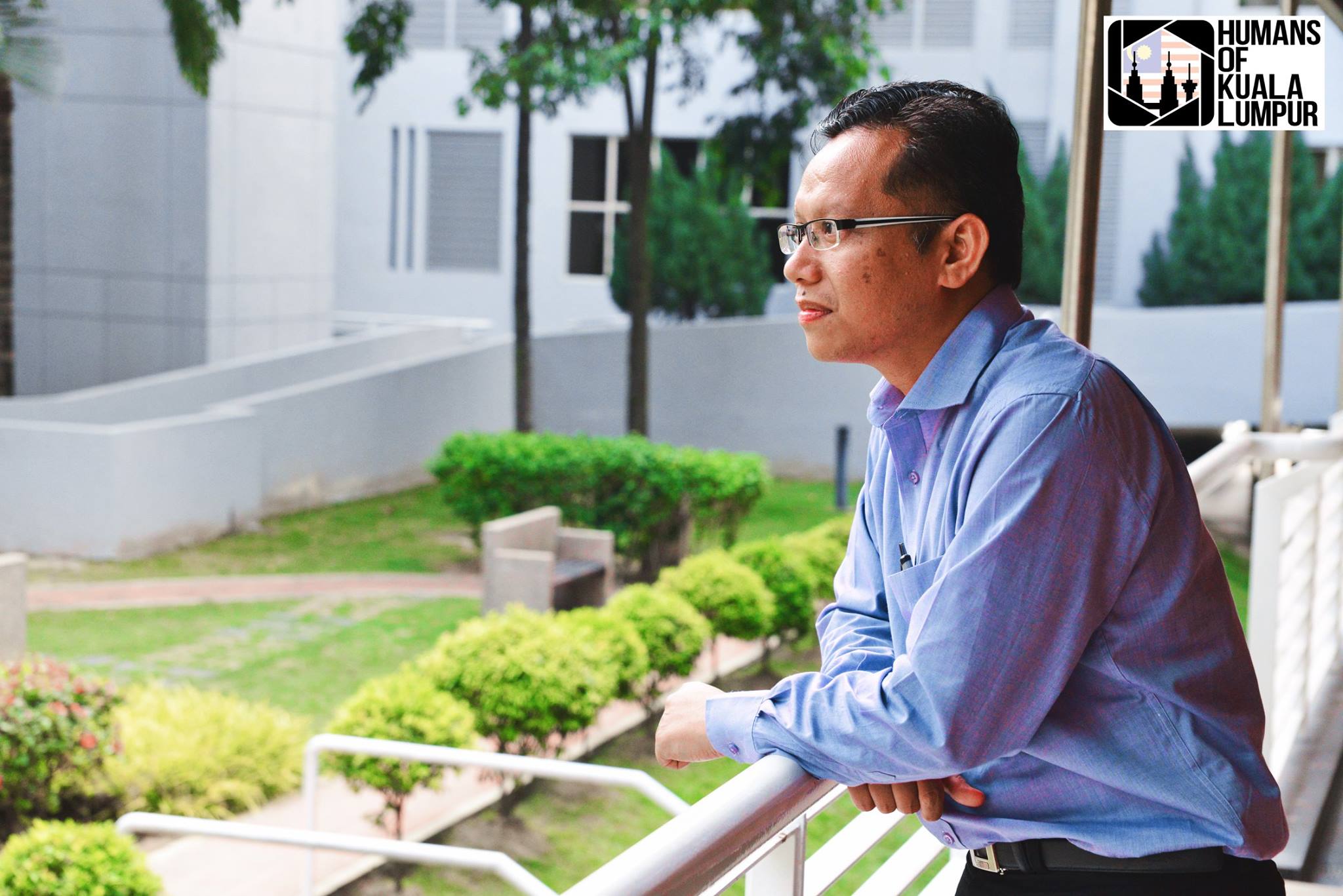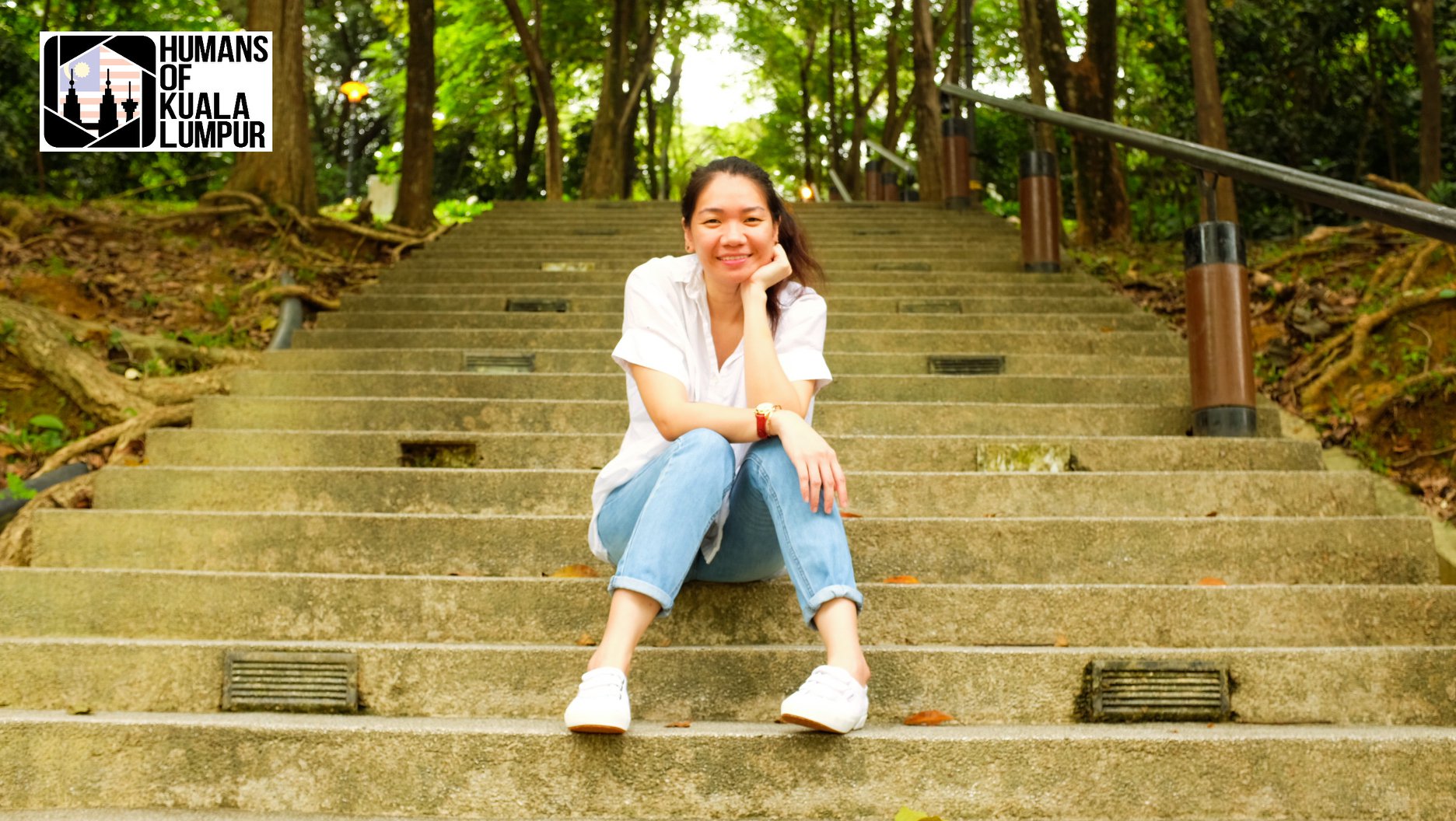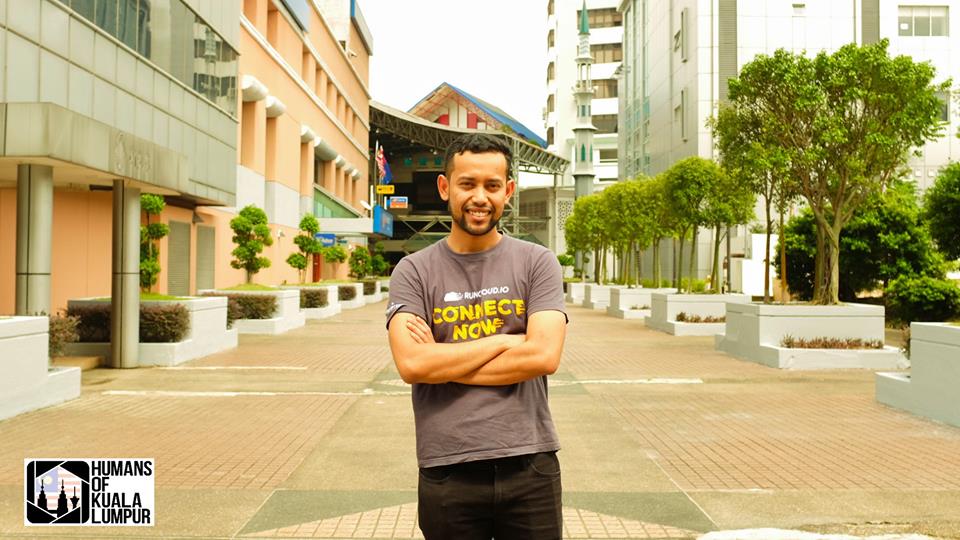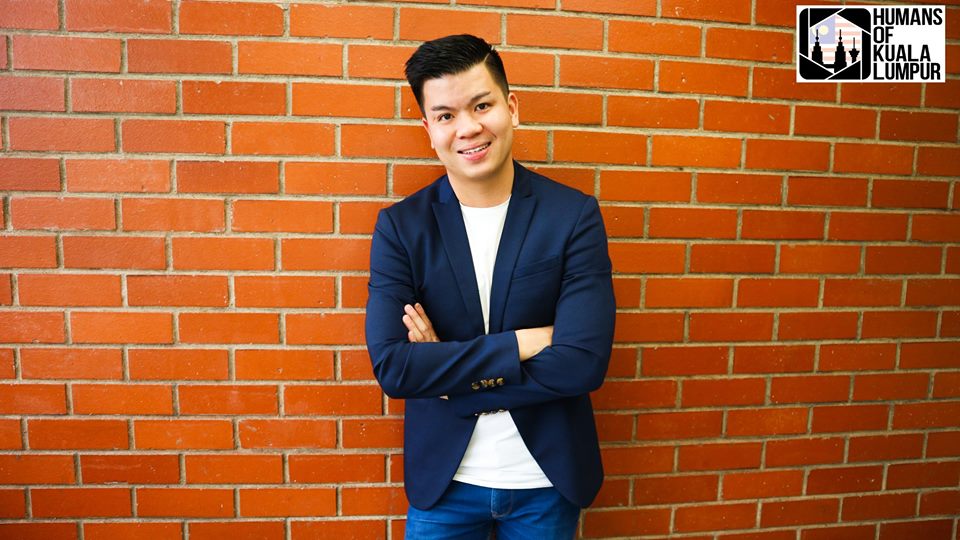“Their income per day was only four to five ringgit, and we have nine family members. That money was not enough to cover everybody in the family, so we struggled a lot.
I learned rubber tapping from my dad. Every school holidays or weekends, all of us had to help our parents collect rubber. We used to have to sacrificeour free time – instead of playing around with our friends, we had to go to the ladang. Sometimes early in the morning, as early as 6:30 or 7:00 a.m. It was very dark too, so we had to use special torches to see.
There was this one time, where me, my younger brother and my father went tapping. There was a pool of buffaloes nearby. Suddenly, a buffalo ran straight towards my younger brother. We all had to run like crazy from it! We survived and escaped, of course.
I didn’t really enjoy rubber tapping as a child, because of course I’d rather play around with friends. But it’s something we had to do to contribute to our family.
To learn rubber tapping is not simple. You need to learn about the tools, which needs to be sharpened and wrapped in a cloth, since it can be dangerous. When you start tapping, it can be very dark, so you have to use a special carbide torch. You have to cut the tree properly, otherwise the tree bark will be spoiled.
After cutting the trees, you have to wait for the rubber to stop, then put a chemical to make it hard, before you can sell it to the shop. It’s pretty smelly too, it can smell up to 3 or 4 days.
I didn’t get paid for helping my dad, because we knew that the money being earned by my parents was not enough. They just gave us some pocket money for school. We used to get 20 sen each, for us to makan at sekolah.
During my time, 20sen wasn’t enough, because normally the mee or nasi was 20 sen. So when I buy that, I have to go to the water pipe to drink. In the canteen, a plate of mee would be 20 sen. But outside, it would go up to one ringgit. We couldn’t afford that so we wouldn’t eat. Sometimes, my friends would offer their meals to us when they saw we weren’t eating.
I was a naughty boy during childhood. Sometimes, after school, we would go to the river to swim. One day, I threw a stone to my friend, and it hit him, so he reported it to my dad. My dad was angry at me and slapped me a couple of times. That’s one of the things that I can still remember, until now.
During those days, being a naughty boy, being lazy, you just stay in your own dilemmas and your own world. Things like that was a trigger point, telling me I needed to change – study hard and do something to be proud of. I wanted to be able to give something to my family.
I think my turning point was when I was in standard six and had to study very hard. Being from a poor family, to study hard is not easy, because you struggle with things like getting a reference book. Even to buy a book was not easy, and sometimes, I had to borrow books from my friends. They even got angry at me every now and again.
I was the first one in my family to go to university. I did computer science in Universiti Putra Malaysia and now, I am the founder of JomParking.
JomParking is a mobile app that allows users to pay for parking using a smartphone. It’s a platform that provides the solution for either local councils or parking operators. Right now, to pay for parking, you have to buy the book of coupons or go to the parking machine. Its very inconvenient, especially for those who aren’t from that area.
For example, I’m from Johor and coming to Sepang. To make a payment for the parking, I have to buy one book of coupons which is ten pieces, and I would only maybe use one or two.
The rest I have to keep in my car and it expires eventually, so it’s a lot of wastage, for both the consumers and the council. JomParking app also sends an alert fifteen minutes before the parking expires. You can add more time to extend the parking, making it convenient.
How an enforcement officer knows whether or not you’ve paid, since there’s no physical proof of payment like a ticket, is by scanning the vehicle plate number. The system will then tell the officer whether you’ve paid or not. For those who haven’t paid or expired, enforcement will issue a summon.
So far, the response has been very good, especially in KL. You know, in Malaysia it’s very hot, so its a hassle for you to go to the parking machine. This solution is helpful. We almost have 100,000 users already.
Jom Parking is my proudest achievement. I managed to create my own company and now we have 14 members. I joined a four month MaGIC program called GAP (Global Accelerator Program) last year. We learned a lot, like how to manage a proper company, starting from a pitch to potential investors to doing proper financing and business plans.
I think Malaysia has very good talent, that’s why more and more entrepreneurs go into start-ups. I believe we have a lot of talent, but we lack a lot of things like funding, direction and business strategy.
Sometimes, they are good at one part, like maybe technical, but they lack in other things. That’s why we need agencies like MaGIC that help these startups.
Looking back, if I could change anything from my childhood I would change my family status. If possible I would want to be from a rich family, where you can get whatever you want when you want it.
I remember in those days, during Hari Raya we wouldn’t always get new clothes, so we would have to wear last year’s clothes. If I could change that, I would at least have everyone in the family have new clothes.
I’m married and have kids now, and if this project fails, I would have to go back to my hometown as in the villages, the cost of living is much lower than living in KL and do something, like farming – or who knows, rubber tapping (laughs).
_____________________________________________________
Photostory by Mushamir Mustafa and Amalina Davis
Do you have a story? Let us know here: https://forms.gle/ht4HsvbxgSgcKS5h8
Humans of Kuala Lumpur is partnering withMalaysian Global Innovation and Creativity Centre(MaGIC) in featuring inspiring and impact-driven entrepreneurs, problem solvers and startups in their mission to solve Malaysia’s problems!#HumansofMaGIC
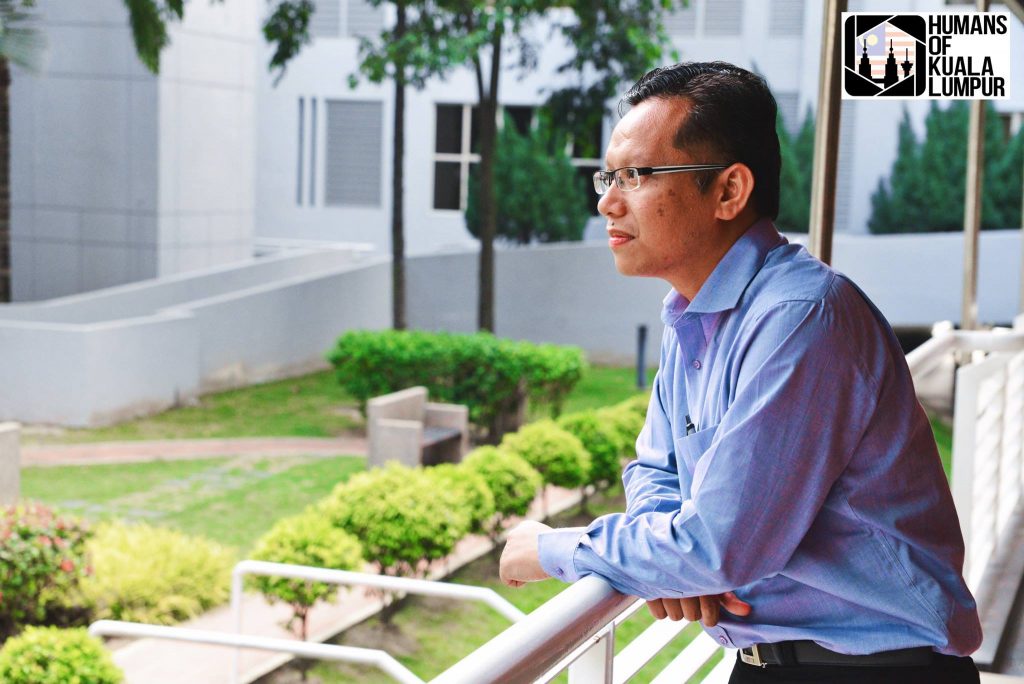
(This post was first published on August 4th 2018)
